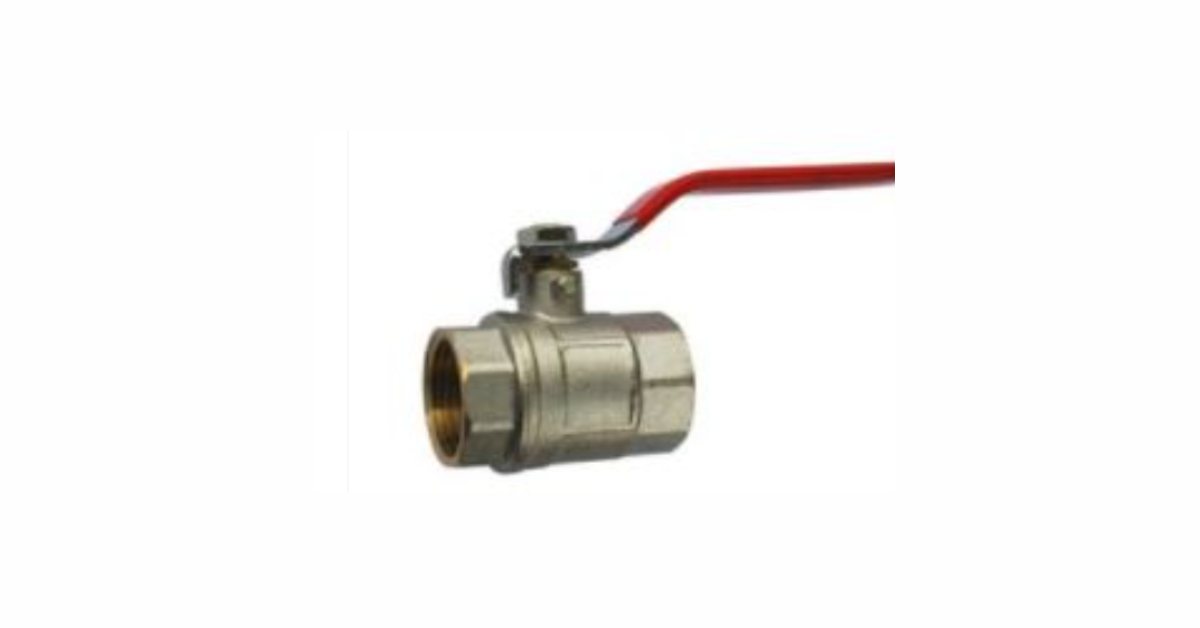Industrial Supply Hardware: The Backbone of Modern Industries
In the world of manufacturing, construction, and maintenance, Industrial Supply Hardware serves as the unsung hero that keeps operations running smoothly. From nuts and bolts to specialized tools and safety equipment, these components are essential for ensuring that machinery functions efficiently, projects stay on schedule, and workplaces remain safe. Without a reliable supply of industrial hardware, even the most advanced facilities would face operational challenges, costly downtime, and reduced productivity.
Understanding Industrial Supply Hardware
Industrial supply hardware encompasses a vast range of products designed for industrial, commercial, and sometimes residential applications. It includes fasteners, hand tools, power tools, abrasives, adhesives, cutting equipment, safety gear, and much more. These items may seem small or straightforward, but they play a pivotal role in ensuring that industrial activities can proceed without interruptions.
For example, a construction site may depend on precision-engineered bolts to secure structural components, while a manufacturing facility may require specialized bearings to keep machinery operating smoothly. Each piece of hardware is a critical link in the chain that supports productivity and safety.
Why Quality Matters in Industrial Hardware
When it comes to industrial applications, quality is non-negotiable. Using substandard components can lead to mechanical failures, safety hazards, and costly delays. In industries such as aerospace, marine engineering, or heavy construction, a single defective fastener could have catastrophic consequences.
High-quality industrial supply hardware is designed to withstand extreme conditions—whether it’s exposure to high temperatures, heavy loads, or corrosive environments. Reliable suppliers invest in rigorous testing and adhere to industry standards, ensuring that every product performs as expected.
Categories of Industrial Supply Hardware
Industrial hardware can be divided into several key categories:
-
Fasteners – This includes screws, bolts, nuts, washers, rivets, and anchors, all of which are essential for assembling and securing components.
-
Tools – From basic hand tools like wrenches and pliers to advanced power tools, these are crucial for both installation and maintenance tasks.
-
Safety Equipment – Helmets, gloves, safety glasses, and protective clothing are vital for worker safety in hazardous environments.
-
Machinery Components – Bearings, gears, belts, and pulleys keep equipment running efficiently.
-
Abrasives & Cutting Tools – Used for shaping, smoothing, and cutting materials in fabrication and manufacturing processes.
-
Adhesives & Sealants – Provide bonding and sealing solutions where mechanical fastening may not be ideal.
The Role of Reliable Suppliers
For companies across multiple industries, having a dependable supplier of industrial supply hardware is critical. A trusted supplier ensures not only the timely delivery of products but also provides expert advice on selecting the right hardware for specific applications.
Industrial projects often run on tight schedules, and delays in receiving essential components can stall entire operations. Reliable suppliers maintain a well-stocked inventory and have efficient logistics systems to fulfill urgent orders. Many also offer value-added services such as product customization, technical consultations, and bulk order discounts.
Industrial Hardware in Singapore’s Growing Market
Singapore has established itself as a major hub for manufacturing, construction, and maritime industries. With its strategic location and well-developed infrastructure, the demand for industrial supply hardware in the country continues to grow. From high-rise construction projects to advanced manufacturing facilities, companies require durable and high-performance hardware to meet the region’s rigorous industrial demands.
The country’s emphasis on innovation and quality has encouraged suppliers to offer a broad range of products that meet international standards. This ensures that businesses operating in Singapore can access world-class industrial solutions without compromising on quality.
How to Choose the Right Industrial Hardware Supplier
Selecting the right supplier goes beyond comparing prices. Businesses must consider:
-
Product Range – A wide inventory ensures that you can source multiple components from a single supplier, saving time and administrative effort.
-
Quality Standards – Look for suppliers who provide products that meet recognized international standards such as ISO, DIN, or ANSI.
-
Reliability & Delivery Time – Timely supply is crucial to avoid costly operational delays.
-
Customer Support – Technical guidance, warranty policies, and responsive communication can greatly enhance the buying experience.
-
Reputation & Reviews – Long-standing industry presence and positive customer feedback are strong indicators of a supplier’s reliability.
Maintenance and Longevity of Industrial Hardware
Purchasing high-quality hardware is just the first step—proper storage, handling, and maintenance are equally important to extend its lifespan. For instance:
-
Fasteners should be stored in dry, well-ventilated areas to prevent rusting.
-
Cutting tools should be regularly cleaned and sharpened for optimal performance.
-
Safety equipment should be inspected routinely to ensure it remains in good condition.
Routine maintenance ensures that industrial supply hardware remains dependable, reducing the risk of unexpected failures.
The Future of Industrial Hardware
Technological advancements are shaping the future of industrial supply hardware. Smart tools with digital monitoring capabilities, corrosion-resistant materials, and energy-efficient designs are becoming more common. Automation and predictive maintenance are also influencing how industries source and use hardware.
For example, sensor-equipped tools can now monitor torque in real time, ensuring precise tightening and reducing human error. Similarly, advanced coatings on fasteners and machinery parts can drastically extend service life in challenging environments.
Conclusion
In every sector—whether it’s manufacturing, construction, maritime, or energy—Industrial Supply Hardware forms the foundation of operational efficiency. From small fasteners to complex machinery components, each piece of hardware contributes to the success of large-scale projects and daily operations. Reliable suppliers, quality assurance, and proper maintenance all play a crucial role in ensuring that this hardware delivers long-term value.
As industries continue to grow and evolve, the demand for robust, high-quality industrial hardware will remain strong. Companies that invest in the right products and suppliers today will be better equipped to meet tomorrow’s challenges, staying ahead in an increasingly competitive global market.







